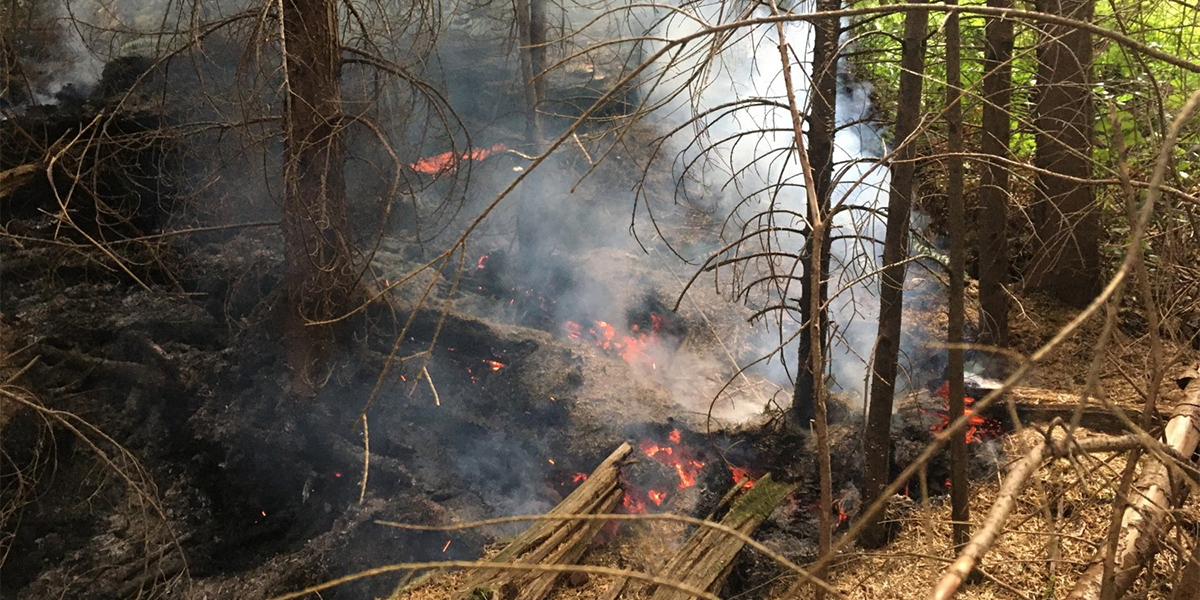2020 has made this crystal clear: communities need parks and open space more than ever. “Park and recreation professionals play a critical role in providing and maintaining outdoor space during the COVID-19 pandemic,” says Portland, Oregon-based Cindy Mendoza, MIG Director of Parks and Recreation, in an article in “Open Space,” the official blog and podcast of the National Recreation and Park Association (NRPA).
A breath of fresh air, room to romp and run, a peaceful respite in the trees—these became precious lifelines for many.
Then came the devastating fires throughout the West Coast.
“In September, Oregon parks supported public health in entirely new ways: as evacuation sites for people and livestock, as respite and rescue shelters for people affected by power outages and smoke, as staging areas for firefighting, as RV lots for residents displaced by fires, even as food donation centers,” Mendoza notes.
The enormous size and intensity of the fires are nothing like what the West is used to seeing. What before might have been called a once-in-a-lifetime event, is becoming a regular occurrence. With huge ramifications for parks.
“Park agencies need to be ready,” Mendoza says. “Extreme weather, rising sea levels, air quality, urban heat, health epidemics, food disparities, and park inequities that contribute to social and health crises are now part of our regular conversations as park and recreation professionals. Clearly, we need to manage parks with national and global issues in mind.”
Mendoza points to five strategies:
- Donate: Support park agencies and communities in need.
- Foster: Foster relationships with neighboring park agencies, especially those in underinvested areas. For larger agencies and districts, adopting smaller park agencies in a time of crisis could help them benefit from your staff’s expertise, shared communication channels, and ability to help coordinate evacuations, donations and fundraising.
- Collaborate: Create regional or state groups that can connect under emergency situations. Like the Oregon Community Foundation, such groups can collect and distribute funds and donations to affected communities, recruiting businesses and sponsors for support.
- Plan and Design: Prepare for the new normal, which may require re-thinking park design, development, operations and management. Rather than focusing specifically on what your agency needs to fill gaps in services, ask how your agency and park system should evolve to respond to new challenges.
- Advocate: Support the advocacy efforts of NRPA and state associations that provide critical funding for local agencies. The recent passage of the Great American Outdoors Act and California’s Proposition 68 provides examples of successful legislation that will fund park projects. Given the challenges 2020 has handed us, every state needs a dedicated funding source for parks.
You can read the full article here.

